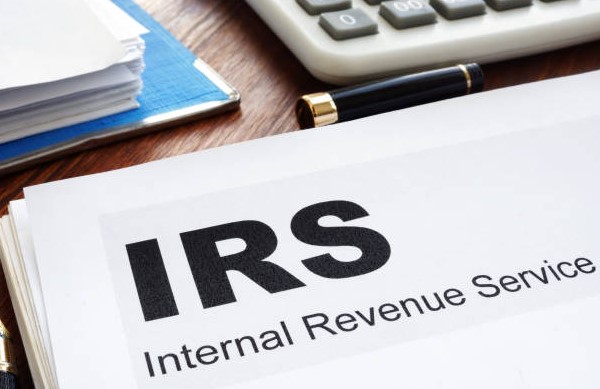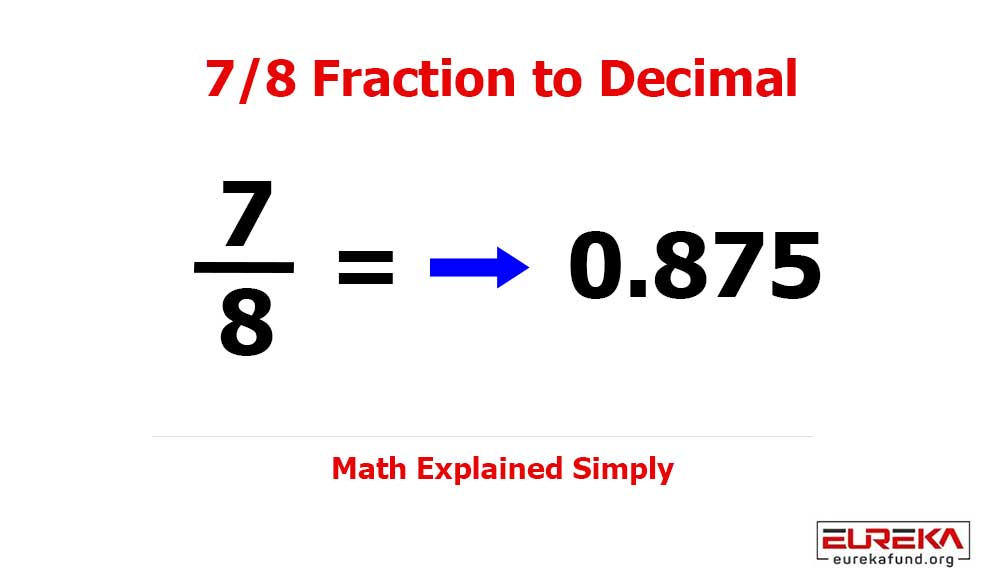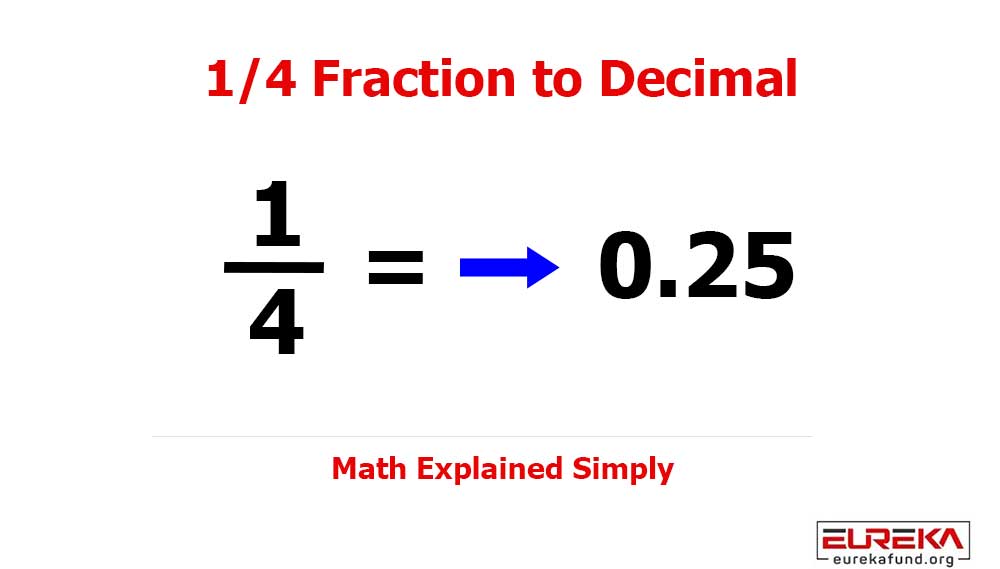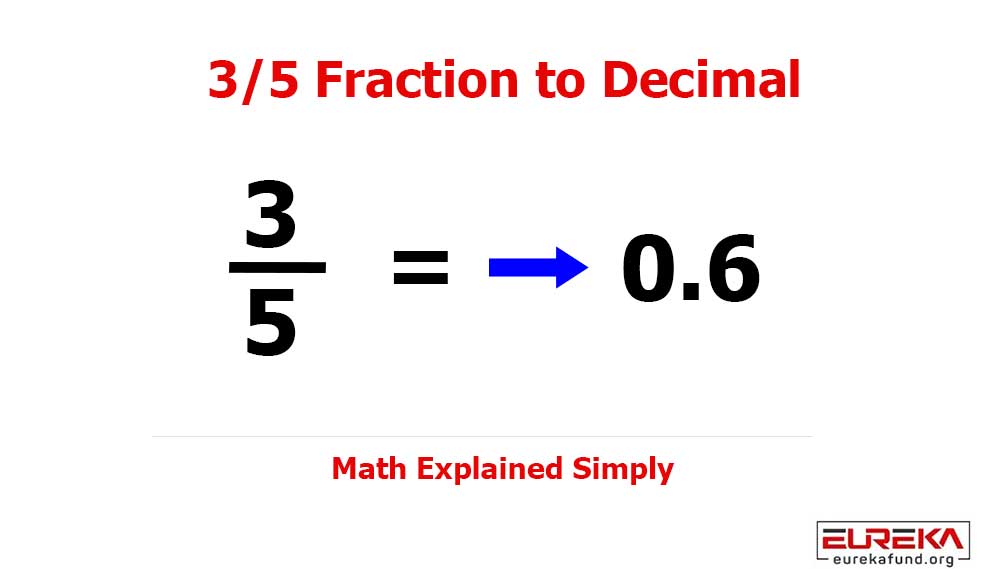When you receive an IRS bank levy notice, it can be a stressful and intimidating experience. An IRS bank levy is actually a legal seizure of funds from your bank account to pay off unpaid taxes or penalties. The IRS has the legal authority to freeze your bank account and withdraw funds until the debt is fully paid.
However, you still have options to take charge of the situation and respond effectively to minimize the impact on your finances. Here’s a guide on how to respond to an IRS bank account levy:
Understand the Bank Account Levy Notice
The first step is carefully reading and understanding the IRS bank levy notice. The notice should include details about the amount you owe, the tax period, and instructions on how to respond. It’s important to note that the notice period is short, typically 21 days, so it’s crucial to act quickly.
Contact the IRS
Contact the IRS as early as possible to discuss the levy notice and explore possible options. The IRS is required to work with you to come up with a resolution, but it’s important to be cooperative and provide all the necessary information. If you can prove financial hardship, the IRS may consider releasing the levy, allowing you to pay off the debt in installments, or negotiating a settlement.
Request a Collection Due Process Hearing
If you disagree with the levy or believe there was a mistake, you can request a Collection Due Process (CDP) hearing. This will temporarily stop the levy until the hearing is resolved. The CDP hearing provides an opportunity for you to present your case and argue against the levy. It’s important to note that a CDP hearing request must be submitted within 30 days of receiving the levy notice.
Show Financial Hardship
If the levy would cause financial hardship, you may be able to have the levy released. Financial hardship occurs when a levy prevents you from paying for basic living expenses such as rent, utilities, food, and medical expenses. You will need to provide proof of financial hardship, such as bank statements, bills, and pay stubs.
Negotiate an Installment Agreement
If you can’t afford to pay off the debt in full, you may be able to negotiate an installment agreement with the IRS. This allows you to pay off the debt in monthly payments over time. It’s important to note that interest and penalties will continue to accrue until the debt is fully paid. To negotiate an installment agreement, you will need to provide financial information to the IRS and propose a payment plan that you can afford.

Consider an Offer in Compromise
If you can’t afford to pay the full amount owed and don’t qualify for an installment agreement, you may be able to negotiate an Offer in Compromise (OIC). An OIC is an agreement between you and the IRS to settle the debt for less than the full amount owed. To be eligible for an OIC, you must be able to prove that you can’t pay the full amount owed and that the OIC is in the best interest of both you and the IRS. The process can be lengthy and requires careful documentation and proof of financial hardship.
Seek Legal Advice
If you feel overwhelmed or unsure about how to respond to an IRS bank account levy, seek the advice of a tax professional or attorney. They can help you navigate the process and provide guidance on the best course of action based on your specific situation.
Conclusion In summary, an IRS bank account levy can be a stressful and intimidating experience, but you have options to take charge of the situation and respond effectively. It’s important to carefully read and understand the levy notice, contact the IRS, request a CDP hearing, show financial hardship, negotiate an installment agreement or OIC, and seek legal advice if necessary.




